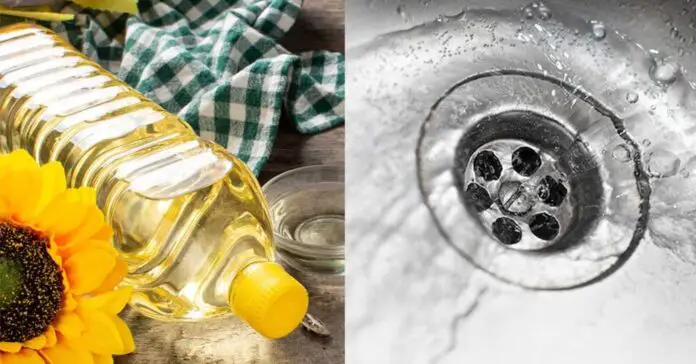Can you actually pour hot leftover oil or grease down the drain or down the sink? There is a really short and quite simple answer for this question. There is also a very good reason why you should dispose of used cooking oil in other safer ways. Let’s get straight into the topic!
- Don’t pour any kind of cooking oil or grease down your drain
- Is the damage caused by oil residue in plumbing installation reversible?
- Will one small portion of oil poured down the drain cause damage?
- How to safely dispose of cooking oil?
- Can you pour cooking oil down the toilet?
- So, can you pour leftover cooking oil down your drain?
This web portal is supported by its readers, and is a part of the Amazon Services LLC Associates Program and the eBay Partner Network. When you buy using links on our site, we may earn an affiliate commission!
Don’t pour any kind of cooking oil or grease down your drain
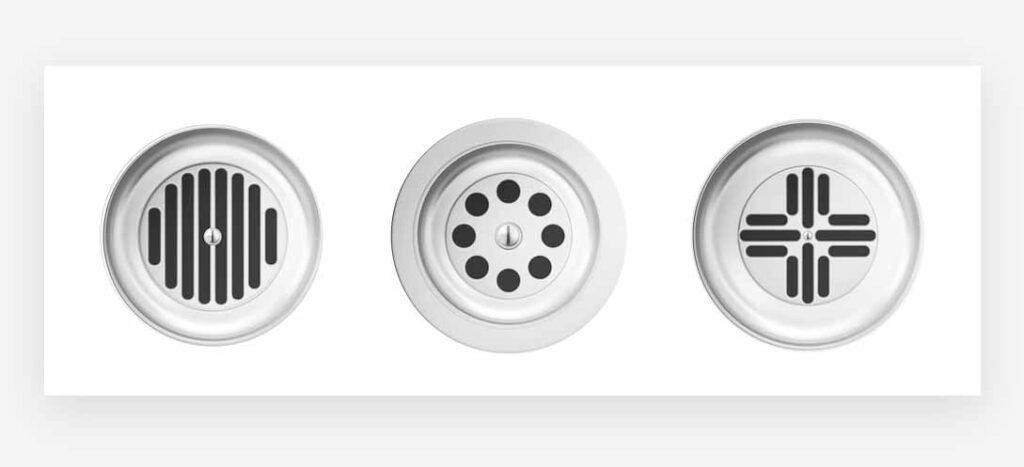
Here is why. Grease after cooling down, will solidify and can cause clogging issues in your pipes and plumbing. Cooking oil on the other hand can leave residue that can enable small food pieces washed down the drain to stick to the pipes and eventually clog them fully or partially.
Damage caused by cooking oil or grease in your pipes can cause trouble with sink drainage, backflow of wastewater and other unpleasant issues you want to avoid.
Other than that, if you live in a condo or in a shared apartment, you can cause damage to your neighbor’s plumbing installation too.
In extreme cases, if you pour hot oil down your drain, you might even risk the oil melting through the pipes directly under your sink – this Reddit post says it all.
If you’re interested in what kind of damage grease, oil and other kind of residue causes in your city’s plumbing system, research the term “fatbergs” – bet you didn’t know about this one!
The Facts About Fatbergs – PbcToday
Is the damage caused by oil residue in plumbing installation reversible?
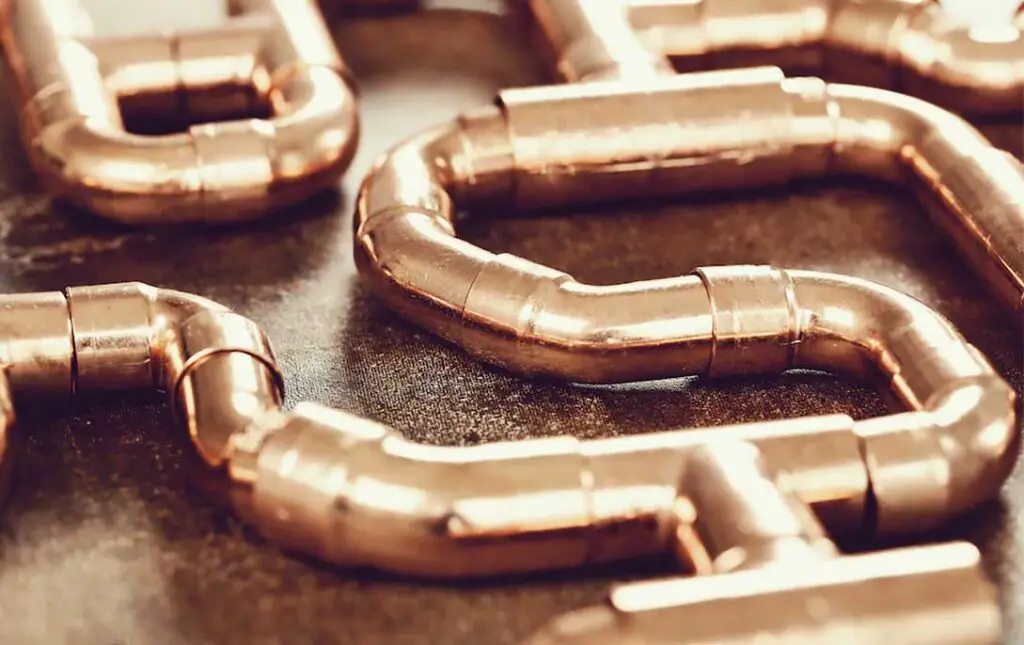
Is the damage to the pipes caused by cooking oil reversible? While you can attempt removing smaller amounts of oil / grease residue in your plumbing using various chemical agents created for that sole purpose, you should know that when it comes to more extensive damage of the pipes, these can be unsuccessful.
The chemical agents used for unclogging your drain and removing small debris and grease & oil residue are generally called “chemical drain openers”.
Albeit this is quite rare, in more extreme cases, some more expensive plumbing repairs are needed. If we’re talking about flats or shared condos, these can get even harder, more pricey and require more time to finish.
Will one small portion of oil poured down the drain cause damage?
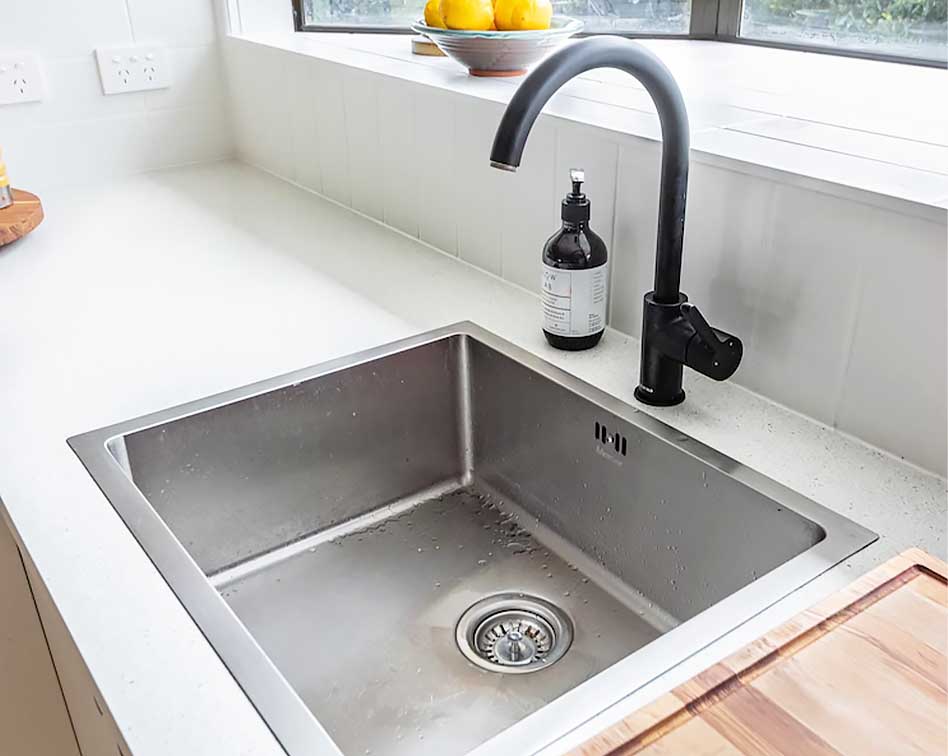
Will a small amount cooking oil poured in the kitchen sink cause any damage? In truth, to be completely safe no amount of oil or grease should ever be disposed of in a kitchen sink or drain.
When a little amount of cooking oil enters your kitchen sink drain it certainly won’t cause any serious damage just yet. After all small amounts of oil enter your drain every time you’re doing the dishes. You have to take a few things into account though.
First thing is that there is a high probability that someone else has already been disposing of oil, grease or similar substances in your kitchen sink. While the small amounts that enter the drain for example when washing the dishes aren’t really harmful, the more grease enters the plumbing system, the higher the risk it will leave extensive amounts residue on the inside of the pipes.
The second thing is, that if you live in a shared apartment or in a condo, your plumbing in the farther parts is most likely shared with your neighbors. Oil and grease that will manage to get through your pipes without trouble, can later add to messing up your neighbor’s plumbing. Be considerate!
If you want to dispose of even a small batch of cooking oil, you can use our safe, tested cooking oil disposal method. It only takes a while after the oil has cooled down! More on that in the next paragraph.
How to safely dispose of cooking oil?
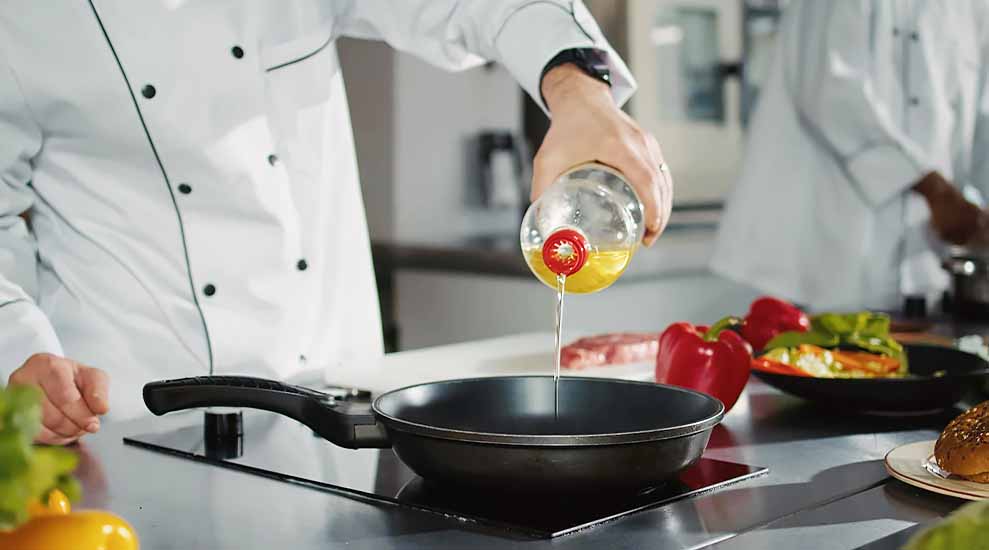
So, you might ask: how to safely dispose of leftover oil after cooking? And here is the answer.
To quickly and safely dispose of oil after cooking, follow these steps:
- Wait till the cooking oil cools down a bit – a few minutes after you finish cooking.
- Find a container such as a used milk carton with cut off top (ensure that the bottom is tightly sealed and that the the container’s bottom can handle hot oil).
- Very carefully pour the oil from your pan into the container.
- Wipe off the leftover oil from the pan using a paper towel – make sure that it’s cold enough to do so! After this, discard of the paper towel in the container you’ve put the oil in.
- Leave the oil in the container somewhere out of the reach so that no one can spill it.
- When taking out the trash, close the oil container and simply discard it in bio waste / general waste bin.
Don’t ever use paper cups or plastic cups for hot cooking oil disposal. They might burn or melt in contact with hot grease.
Other kinds of containers that can be used for throwing away used cooking oil are for example:
- Old coffee cans.
- Metal cans.
- Old unused glass jars.
Note: Handling hot oil is no joke – you should be really careful not to get any of the oil with contact with water and/or with your skin. Be safe!
Can you pour cooking oil down the toilet?
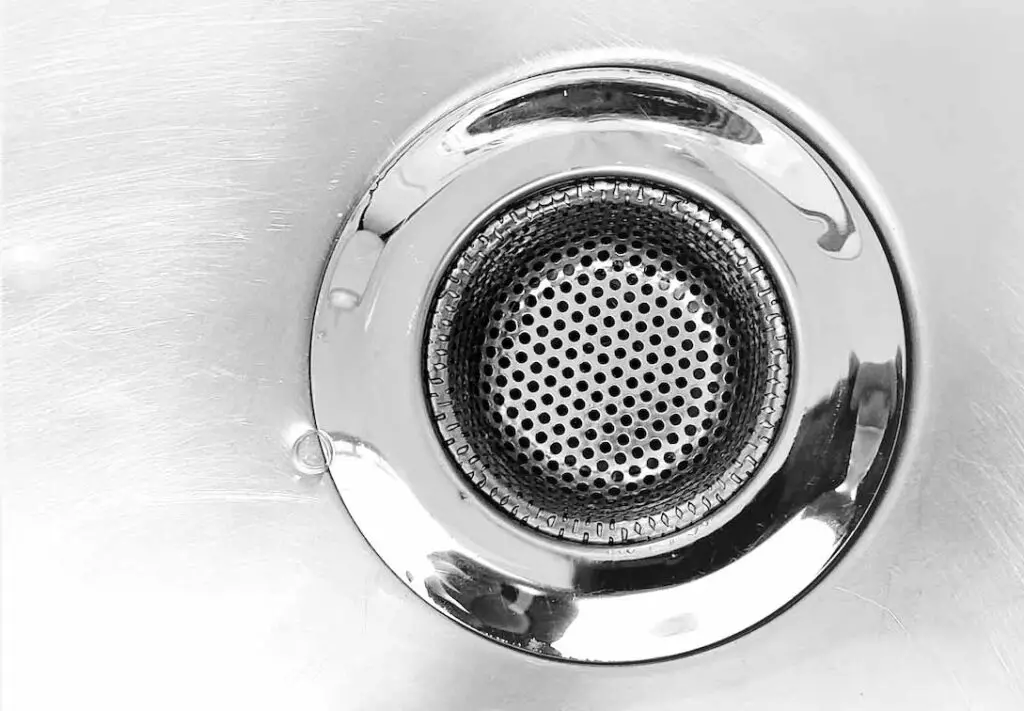
So, can you pour used cooking oil down the toilet instead of pouring it into your kitchen drain? Unfortunately, the situation is the same here – in the end your kitchen and your bathroom plumbing meet before the wastewater leaves you house, so you shouldn’t pour cooking oil in your toilet either.
If the leftover solidified cooking oil residue somehow travels further down the lane, it can have negative impact on other parts of plumbing that are independent of your house’s plumbing infrastructure.
So, can you pour leftover cooking oil down your drain?
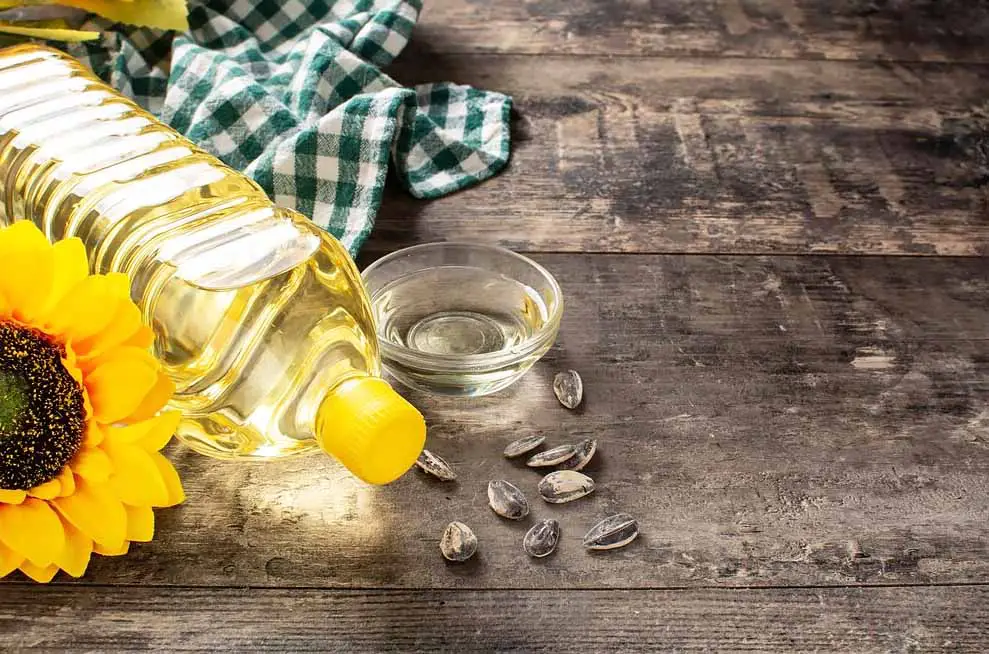
As you can see, you should never let cooking oil anywhere near your pipes and plumbing system. Leftover oil and grease can wreak havoc on even the best and newest plumbing installations, and the damage only gets worse over time.
While there are some things you can do to minimize the damage that’s already being caused, more serious repairs might require the involvement of costly equipment and lots of additional trouble if the pipes are going to need to be replaced.
While a one time sink-oil incident most probably won’t be the end of your plumbing system, a repeated disposal of cooking oil down the kitchen sink will certainly cause the oil residue to form on the inside of the pipes and make them more narrow and in extreme causes causing them to clog.
As a rule of thumb, please make sure you always dispose of cooking oil correctly and remember to take care of your house plumbing system. After all, even if you can’t see it, it’s still one of the most important parts of your home!
Main article photos: halayalex, chandlervid85


